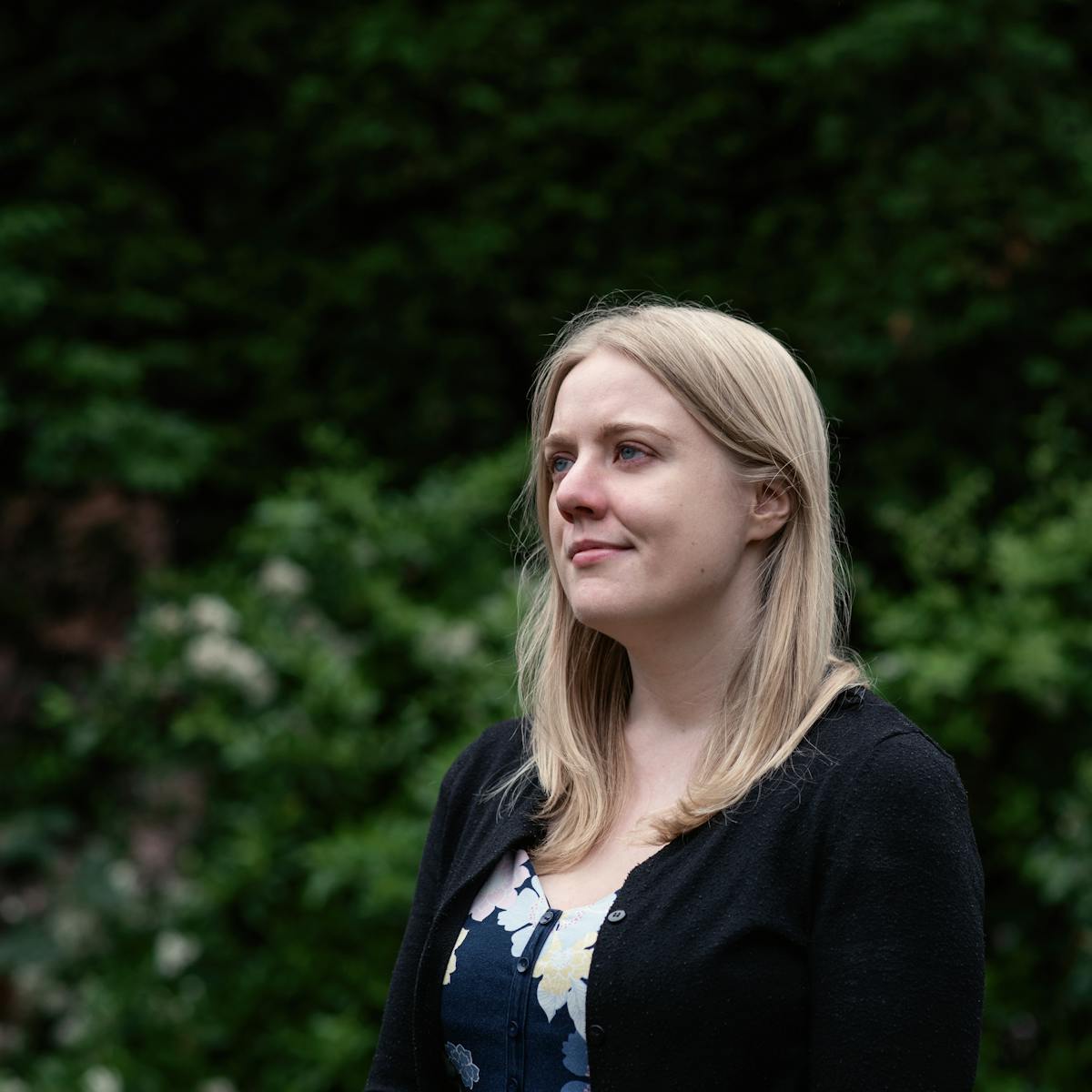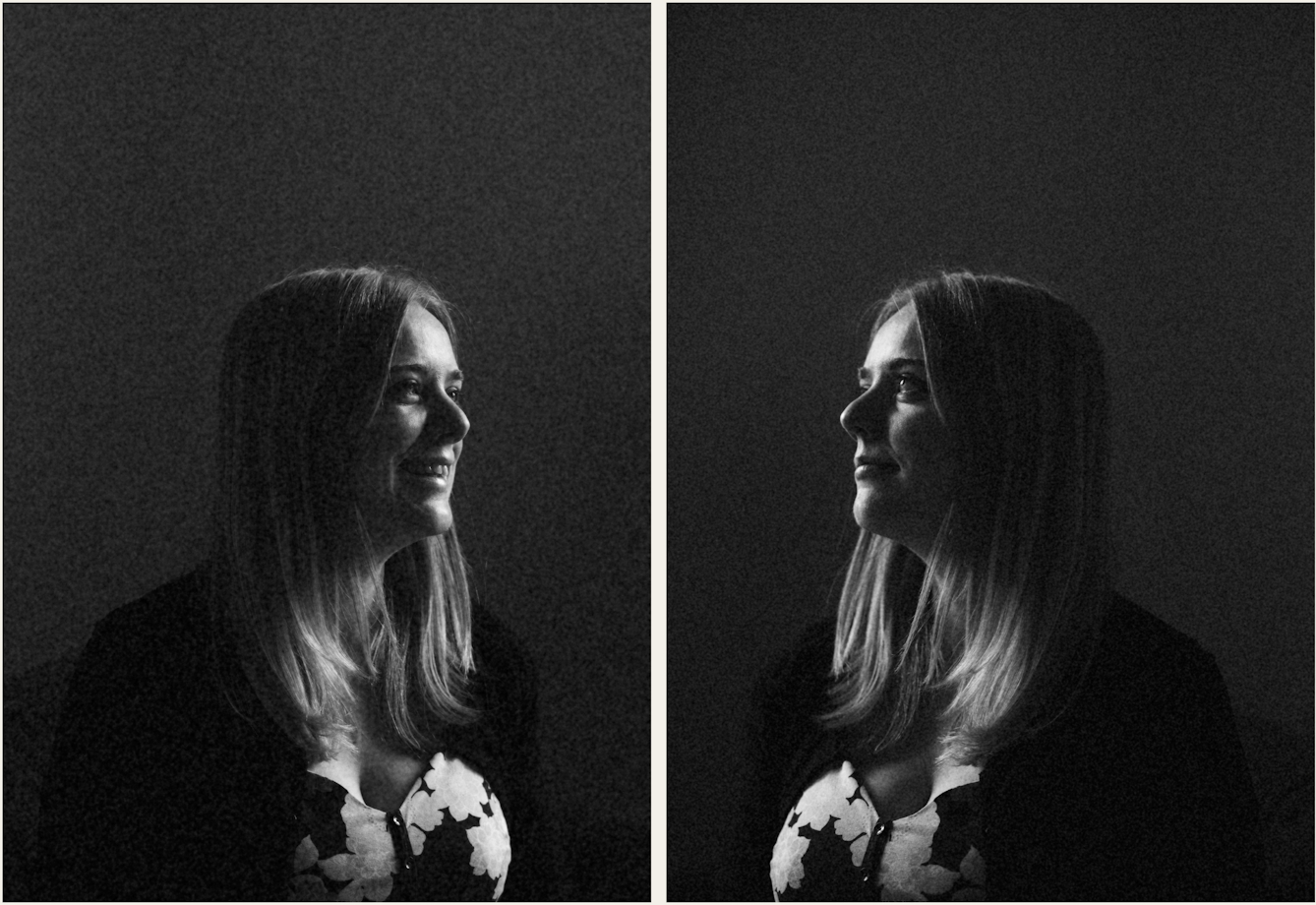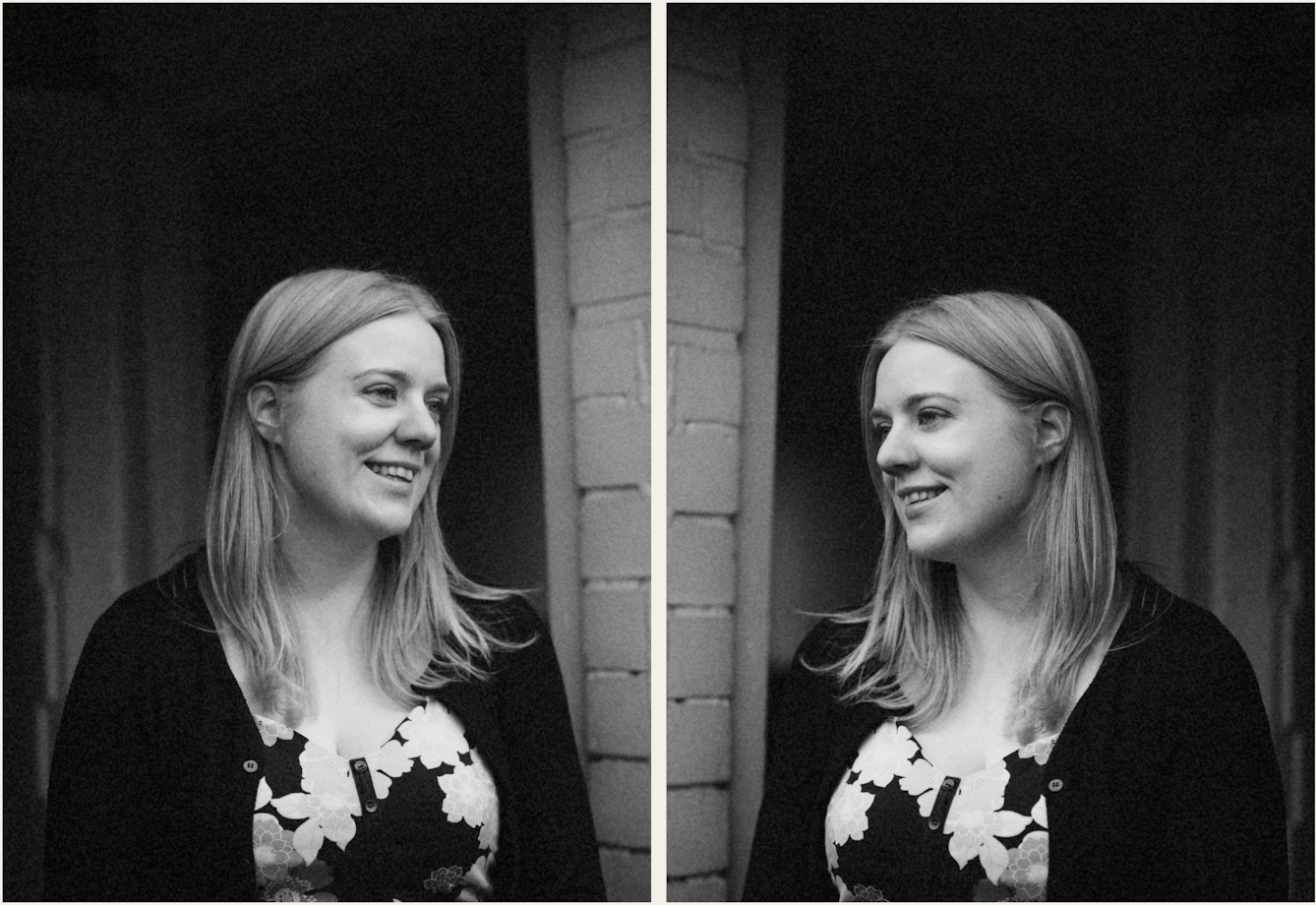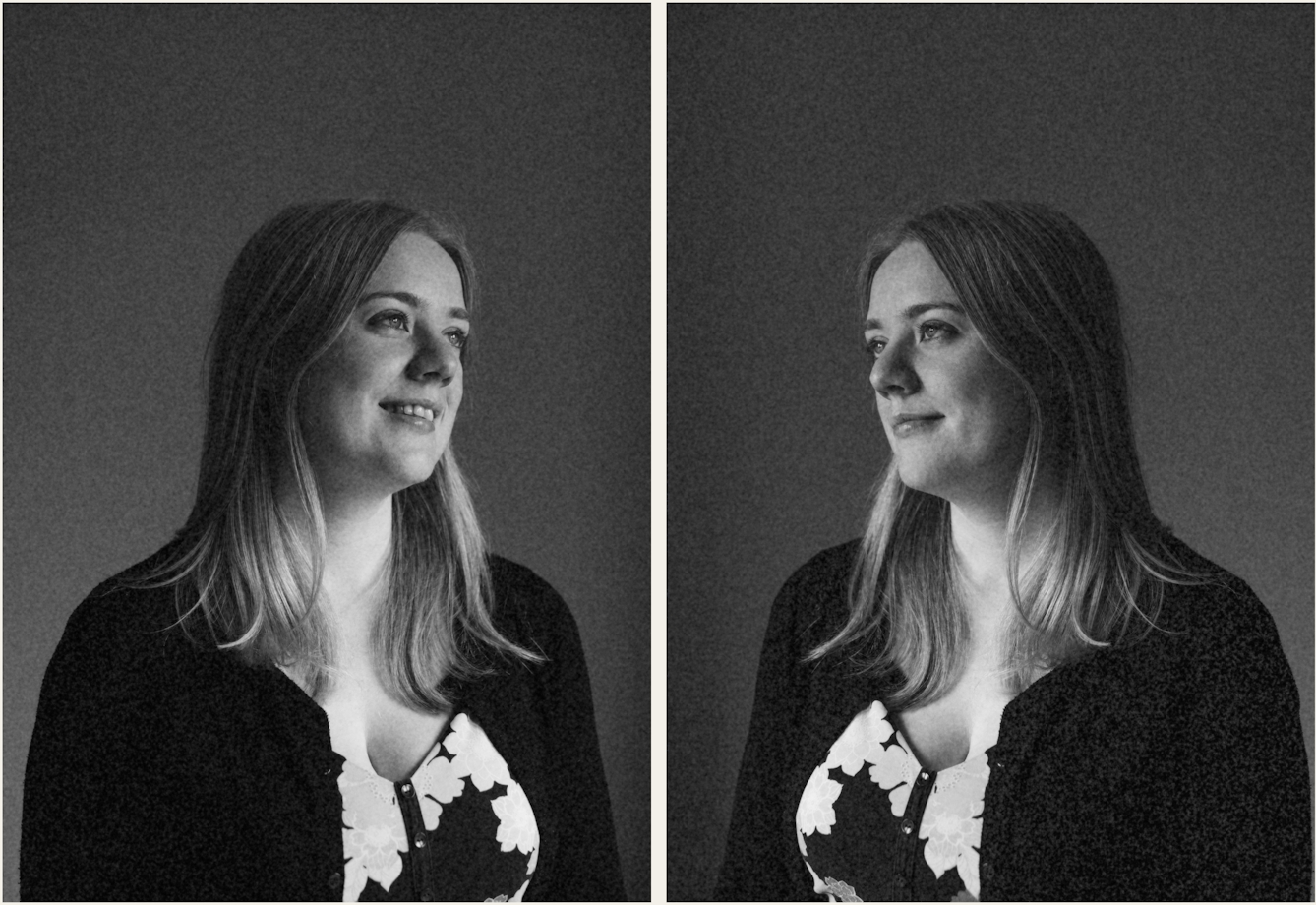Caroline Butterwick has experienced mental ill health since her teens, and in her mid-twenties she found herself in and out of hospital. At times Caroline felt like she’d lost control of her story. Joining the service-user movement has allowed her to reclaim control and channel the challenges she’s faced into something useful.

Thirty strangers stare out at me from my laptop screen as I tell them about being hospitalised for mental illness. In two years of doing this, what’s surprised me most is how it has helped me make sense of my own story. It’s been wonderfully liberating to take ownership of a narrative that has often felt like it has been shaped by others.
The strangers are all training to be mental health social workers. I tell them about the good and bad experiences I’ve had, reflecting on how professionals can best support us: how to show they’re listening, how to meaningfully involve us in our own care, how to see the person they’re supporting as a rounded individual.
These sessions, which I help to produce and deliver, are part of my work as a member of the Service User and Carer Reference Group (SUCRG) for the charity Think Ahead.
When I share what I’ve been through, I feel like I’m taking some level of control over my story.
Learning to accept myself as someone with mental illness has been challenging, but service-user involvement has allowed me to share a side of myself that society expects me to keep quiet. There is a sense of authorship, of putting my life into my own words. When I share what I’ve been through, I feel like I’m taking some level of control over my story. Hearing from others who have been through something similar reminds me that I’m not alone.

“Learning to accept myself as someone with mental illness has been challenging, but service-user involvement has allowed me to share a side of myself that society expects me to keep quiet.”
Sharing in this way isn’t completely new to me. As an undergraduate, I started a group for disabled students at my university to make the campus more inclusive. And as a writer, disability is a topic I’m regularly drawn to, realising that my first-hand experience of living with visual impairment and mental ill health is fertile ground. It’s an opportunity to take what I’ve learned and think how it could help others, while also being empowering for me.
The disability rights movement
“Nothing about us without us” is the famous slogan of the disability rights movement. Campaigning by disabled people has brought about important changes, such as the Disability Discrimination Act in 1995. We’re experts in our own lives and the barriers we face.
I first heard about the Mad Pride movement when I was at my most unwell. It helped me feel that it’s okay to speak about living with mental illness, that I shouldn’t shy away from using my voice. Mad Pride was formed by people with lived experience of using mental health services. It ran from 1999 to 2012, and the movement’s parades and festivals were a big deal in a society that often keeps mental illness hidden.
One of the founders, Mark Roberts, told me it’s hard to estimate the impact that Mad Pride had on the survivor movement. “It perhaps had a greater impact in raising the profile of survivors among people outside the movement,” he says. “Mad Pride was about celebrating who we were.”
Today, those who know first-hand what it’s like to have a mental health condition are involved throughout mental health services, whether advising professionals, delivering training, assessing students, or working as peer mentors to others who live with mental illness.

“This sense of power imbalance is one I’m all too aware of. I’m used to professionals meeting me for five minutes and drawing conclusions that are detached from my reality.”
The views of service users were a key part of the recent Independent Review of the Mental Health Act and the public consultation on its White Paper. And in March 2020, Mad Covid was launched, run by and for people with mental health issues to document their experiences of mental illness during the pandemic.
The power of our voices
The National Survivor User Network (NSUN) is a charity and membership organisation for individuals with lived experience of mental ill-health, trauma and distress, as well as user-led community groups. Wanting to find out more about the impact of the service-user movement, I spoke with Amy Wells, NSUN’s communications and membership officer.
“Meaningful involvement can vastly improve experiences of support and services, increase choice and control, and ensure services meet the diverse needs of service users instead of doing more damage,” Amy explains. “When done right, it helps address the historic power imbalances between ‘patients’ and professionals.”
It’s a sentiment shared by Oliver Wood, who has been active in the service-user movement for over 20 years and is the current independent chair of SUCRG. I’ve worked with Oliver for the past two years and I value his insights into the movement he’s so passionate about.
“It’s important to continually remind yourself that in any service delivery, it is ultimately about the people who are receiving the service, not the people who are running it, and redistributing the power,” Oliver tells me.
This sense of power imbalance is one I’m all too aware of. I’m used to professionals meeting me for five minutes and drawing conclusions that are detached from my reality. My voice sometimes feels lost when trying to access support.

“By speaking out, I choose how to share my story. Maybe it will help challenge the taboo of hospital and of living with mental illness.”
Service-user involvement can help both individuals and the services themselves. “Involvement helps create services that have a more individualised focus and that service users are more satisfied with,” says Amy. “It can also lead to improved relationships between staff and service users, improved outcomes for services, improved accessibility of services and positive impacts on decision-making and staff attitudes.”
Shaping my story
How I frame my story is a challenge. It can be tempting to try to package it as a neat recovery arc, to gloss over the challenges I still face: daily medication that regularly has me in bed by 20.30, ongoing anxiety, a tendency to low moods.
Oliver emphasises the importance of telling stories the right way and with a purpose. “If I’m telling a story about an experience that was difficult, there’s a reason for it; people hearing are then able to learn something, change their attitude, and change their approach,” he says.
What about the stories we don’t hear? I think about some of the people I met on the wards, and how they probably aren’t carefully applying their make-up, ready to give a talk about mental health to a group of students. It’s important to remember these limits on the voices we hear.
Sometimes I worry that people will see me differently once they realise I know what it’s like on a mental health ward. That I know the details of that place, from the two scoops of mashed potato with every meal to the sound of others in distress, the intrusion of alarms, the sense of powerlessness.
But by speaking out, I choose how to share my story. Maybe it will help challenge the taboo of hospital and of living with mental illness. And maybe those 30 trainee social workers peering out at me from on my laptop screen will become professionals who remember that services exist for the people who use them and that our voices matter.
About the contributors
Caroline Butterwick
Caroline Butterwick is a writer, researcher and freelance journalist based in North Staffordshire. She’s currently working on a nonfiction book proposal, and her freelance journalism has featured in a range of publications, including the Guardian, the i paper, Mslexia, and Psychologies. She is studying for a PhD in Creative Writing that explores the power of memoir as a counternarrative to dominant models of disability, funded by the Arts and Humanities Research Council/Midlands4Cities.
Camilla Greenwell
Camilla Greenwell is a photographer specialising in dance, performance and portraiture. She regularly works with Sadler’s Wells, Barbican, Candoco, Rambert, The Place, the Guardian, the British Red Cross, Art on the Underground and Wellcome Collection.

